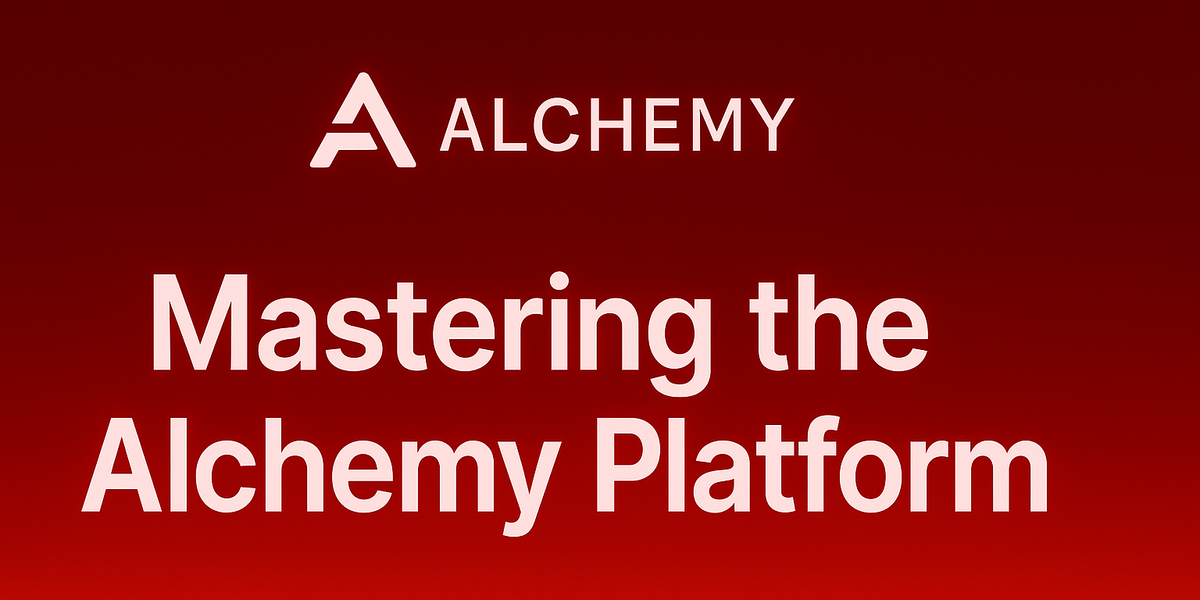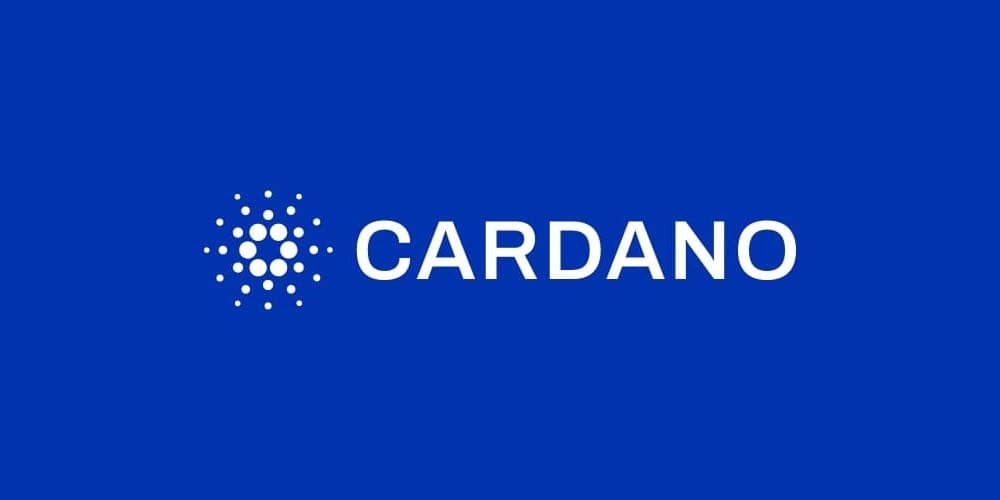Blockchain and Artificial Intelligence (AI) are revolutionizing industries, reshaping how data is handled, insights are generated, and decisions are made. By leveraging blockchain’s transparency, security, and decentralization with AI’s data processing power, sectors like healthcare, finance, supply chain, and gaming are seeing transformative changes. In this chapter, we explore some of the most compelling use cases where blockchain and AI are coming together to solve real-world challenges.
Healthcare: Data Privacy and Predictive Analytics
Healthcare is an industry where data privacy, security, and accuracy are crucial. The integration of blockchain and AI is creating a paradigm shift in how medical data is handled, analyzed, and protected.
Enhancing Data Privacy with Blockchain
Blockchain offers an immutable and decentralized ledger that secures patient data, ensuring that sensitive health records cannot be tampered with or accessed without authorization. Each transaction is securely logged, providing patients with full control over who can access their medical records.
- AI Integration: AI plays a role by analyzing patient data to provide predictive insights, such as identifying potential health risks before they become critical. The combination with blockchain ensures that the data used by AI is trustworthy and consent-driven.
- Example: A startup called MediBloc is using blockchain to create a secure medical data platform where patients control their records. AI then provides personalized health insights, enabling proactive care.

Finance: Fraud Prevention and Smart Investment Tools
The finance industry is rapidly adopting blockchain and AI to improve security, enhance customer experience, and provide better investment opportunities. The combination of these technologies is driving innovation in fraud prevention and smart investment.
Fraud Prevention Using AI and Blockchain
Blockchain’s transparency ensures that each financial transaction is recorded immutably, reducing the likelihood of fraud. AI further enhances this by analyzing transaction patterns and detecting anomalies in real-time.
- AI Integration: AI algorithms monitor blockchain transactions for unusual activity, such as rapid withdrawals or account access from unusual locations, making fraud detection faster and more reliable.
- Example: Chainalysis uses AI to track transactions on the blockchain, identifying patterns that could indicate money laundering or fraudulent activities. This data helps financial institutions comply with regulations and prevent illegal activities.
Smart Investment Tools
AI-driven predictive analytics allows financial institutions to offer personalized investment advice, analyzing market trends and predicting asset performance. Blockchain ensures the accuracy of market data used in these predictions, eliminating the risk of tampering.
- Example: Numerai, a hedge fund powered by blockchain, uses AI models to generate predictions on financial markets. The data fed into the AI models is collected and stored on a blockchain, ensuring that it is free from tampering.

Supply Chain: Real-Time Tracking and Efficiency Boost
The supply chain industry involves many stakeholders, each contributing to the flow of goods from manufacturers to end-users. Blockchain and AI are improving visibility, efficiency, and accuracy across the entire supply chain.
Real-Time Tracking and Transparency
Blockchain creates an immutable record of every step in the supply chain, from production to delivery. This ensures that all parties involved, including suppliers, manufacturers, and customers, have access to accurate, up-to-date information.
- AI Integration: AI takes this data and uses it to optimize routes, predict delays, and even make automated adjustments to the supply chain to ensure efficiency.
- Example: IBM Food Trust leverages blockchain to trace food from farm to table, ensuring safety and transparency. AI analyzes this data to predict potential disruptions, helping companies make informed decisions to avoid wastage.
Efficiency Boost with AI and Blockchain
AI's ability to analyze vast amounts of data helps companies optimize inventory management, minimize downtime, and reduce costs. Blockchain, by securing the data, ensures trust across the network.

Gaming: AI-Powered Play-to-Earn Economies
The gaming industry is being transformed by blockchain’s ability to facilitate true digital ownership and AI’s potential to create personalized, dynamic experiences. Play-to-earn (P2E) economies are benefiting from this powerful combination.
Digital Ownership with Blockchain
Blockchain allows players to truly own their in-game assets, such as characters, skins, and items. Players can trade these assets freely, knowing that blockchain provides a secure and transparent record of ownership.
- AI Integration: AI can analyze player behavior to offer tailored challenges and rewards, making the gaming experience more engaging. It can also be used to create dynamic non-player characters (NPCs) that adapt to players’ strategies.
- Example: Axie Infinity, a popular play-to-earn game, uses blockchain to let players own and trade their Axies (digital pets). AI is used to enhance the gameplay experience by creating challenging environments based on players' skill levels.
Boosting Player Engagement
AI-driven personalization in blockchain games keeps players engaged by adjusting the difficulty level and offering targeted rewards based on player performance and preferences.

Conclusion
The integration of blockchain and AI is unlocking powerful solutions across industries. From healthcare's secure and predictive insights, to finance’s advanced fraud prevention, supply chain optimization, and the creation of innovative play-to-earn gaming economies, these technologies are bringing about a profound transformation.
The potential of blockchain and AI is only just beginning to unfold. As more industries adopt these technologies, their combined impact will continue to grow, delivering greater security, transparency, and efficiency in ways that were previously unimaginable.
Ready to explore the technical challenges and solutions at the intersection of Blockchain and AI? Continue to the next chapter! 🚀





Comments